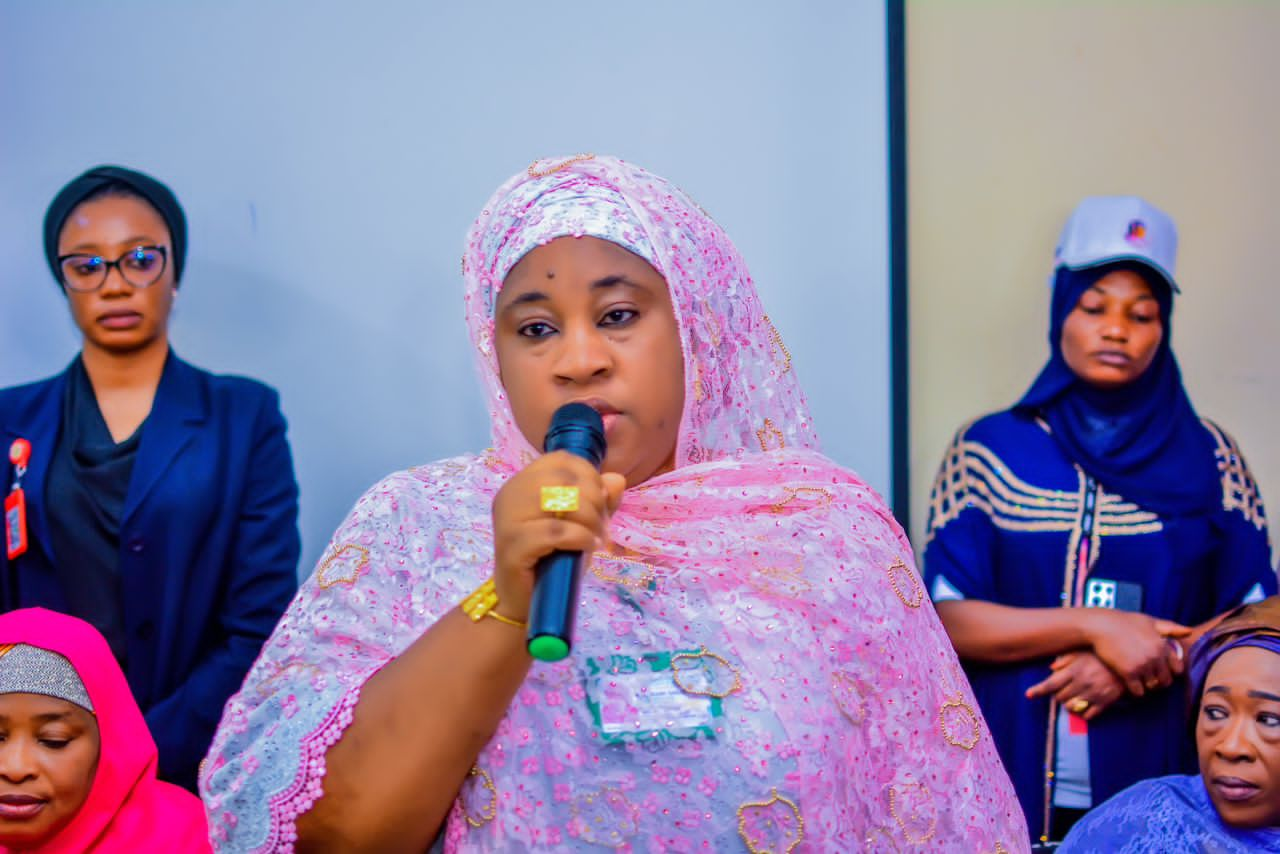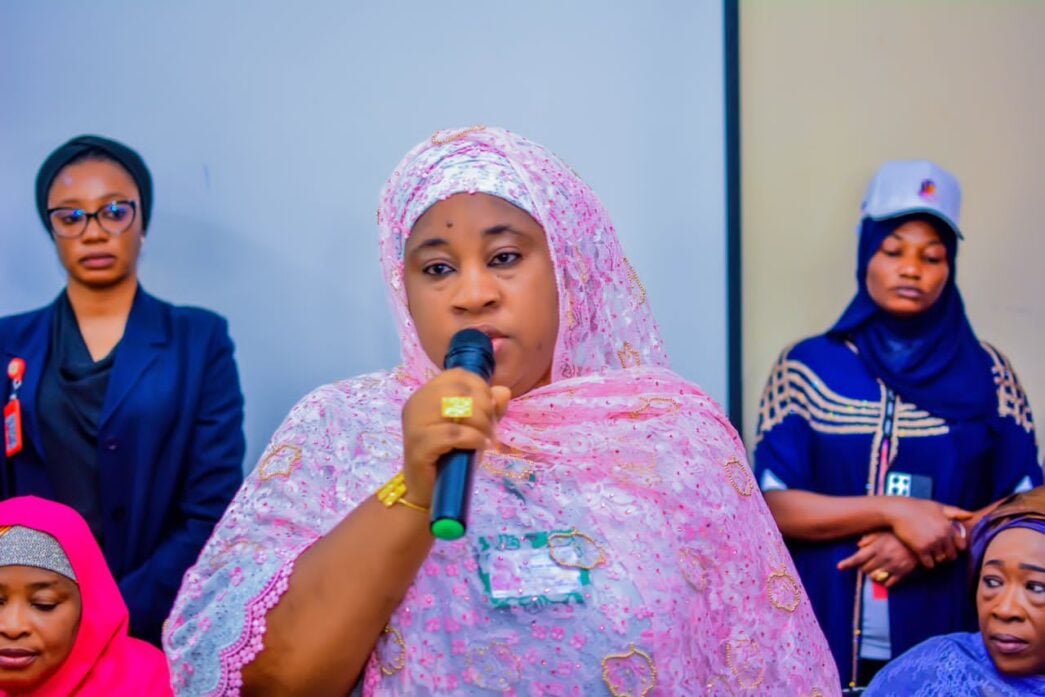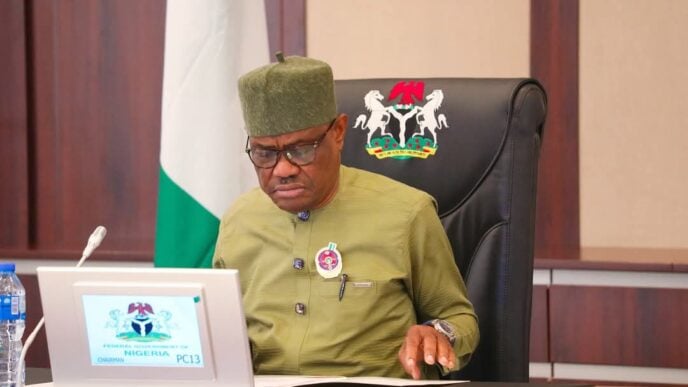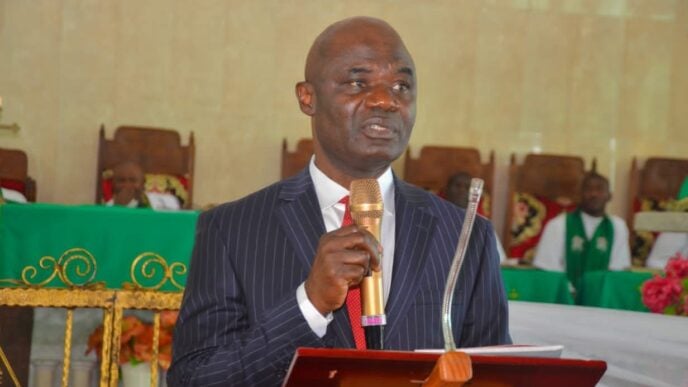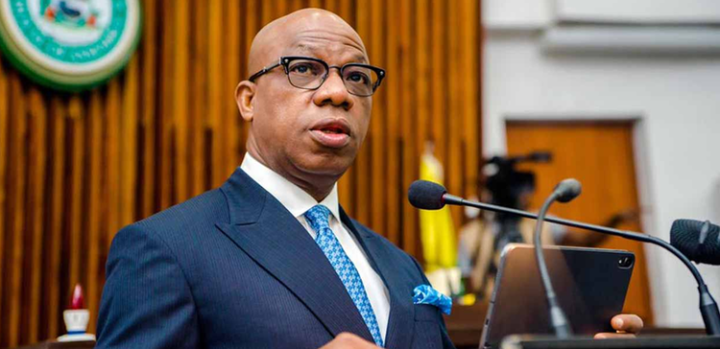Rabi Salisu, Kaduna commissioner for human services and social development
The Kaduna state government says 25 gender-based violence (GBV) offenders have been convicted and sentenced to death as part of efforts to tackle the rising cases of abuse.
Rabi Salisu, commissioner for human services and social development, spoke in Kaduna while receiving a delegation from the Muslim Opinion Leaders for the Prevention of Gender-Based Violence in Northern Nigeria Project.
The initiative is being implemented by the Development Research and Projects Centre (dRPC), with support from the Ford Foundation.
Salisu also announced that the government had concluded plans to disburse N5 billion to empower 15,000 women across the state under the women’s economic empowerment (WEE) fund.
Advertisement
The commissioner added that the initiative aligns with the implementation of the Kaduna state women’s economic empowerment policy, which was launched in December 2024 by Uba Sani, the state governor.
According to her, the beneficiaries were selected from all 23 LGAs of the state and include members of 750 women’s cooperatives identified for the programme.
“I am happy to inform you that his excellency has fulfilled his commitment,” Salisu said.
Advertisement
The N5 billion approved in November 2024 has been captured in the 2025 budget and will soon be disbursed to the targeted cooperatives.”
Salisu also noted that over 5,000 women and girls had already benefited from a Google Africa-supported training programme in data science, artificial intelligence, and entrepreneurship.
“The initiative targets semi-urban and rural communities,” the commissioner added.
She said Kaduna state’s strategy to reduce GBV is closely tied to economic empowerment, education, and the inclusion of women in governance and development processes.
Advertisement
“We are tackling the intersectionality between gender-based violence and economic inequality through education, healthcare delivery, social protection, and inclusive leadership,” she said.
Salisu also disclosed that a technical working group had been set up to coordinate GBV-related interventions across legal, empowerment, education, and social thematic areas.
She said the ministry also plans to develop a GBV database to track cases, facilitate timely intervention, and support the rehabilitation of survivors.
Advertisement
